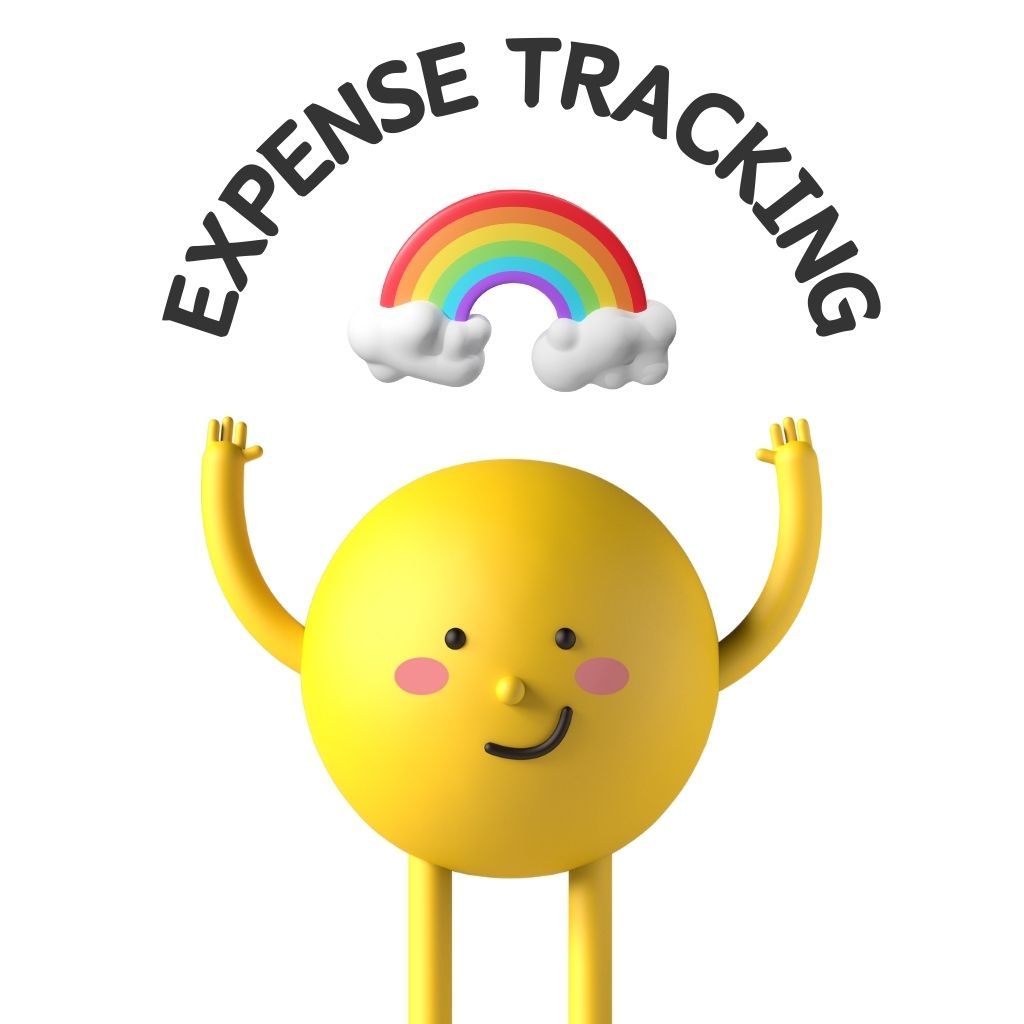
In a world where financial clarity fuels success, effective expense tracking has become a non-negotiable skill for individuals and businesses alike. From startups to enterprises, freelancers to families, tracking expenses is the foundation for budgeting, planning, and sustainable growth.
This comprehensive guide will help you understand the importance of expense tracking, practical strategies to streamline the process, and the tools that make it easier to manage every dollar with confidence.
1. What is Expense Tracking?
Expense tracking is the systematic process of recording, categorizing, and analyzing where money is being spent. It provides visibility and control over your financial landscape, helping you make data-driven decisions for both short-term needs and long-term goals.
Key components of expense tracking include:
-
Recording transactions promptly
-
Categorizing expenses (e.g., utilities, marketing, travel)
-
Monitoring patterns and identifying areas to cut costs
-
Generating reports for analysis and planning
2. Why Expense Tracking Matters
a. Improves Financial Awareness
Knowing exactly where your money goes helps you stay informed and make better choices. Awareness prevents overspending and identifies wasteful habits.
b. Supports Better Budgeting
Tracking allows you to create realistic budgets and ensures that you stay within your financial limits.
c. Enhances Cash Flow Management
For businesses, monitoring expenses is crucial for managing cash flow and ensuring operational stability.
d. Facilitates Compliance and Tax Preparation
Detailed expense records simplify tax filing and ensure compliance with regulations, saving time during audits.
e. Informs Strategic Decisions
By analyzing patterns, you can identify opportunities to invest wisely, cut unnecessary costs, and plan for growth.
3. Benefits of Effective Expense Tracking
-
Clarity and Transparency: Clear records mean fewer surprises and better decision-making.
-
Time Efficiency: Automated systems reduce manual work and errors.
-
Cost Savings: Identifies overspending areas and opportunities to optimize budgets.
-
Improved Reporting: Generate financial reports for stakeholders or personal planning with ease.
-
Peace of Mind: Eliminates the stress of financial uncertainty and guesswork.
4. Expense Tracking for Different Needs
a. For Individuals
Track personal expenses to manage debt, build savings, or plan for major purchases like a home or vacation.
b. For Freelancers and Small Businesses
Monitor every expense to ensure accurate invoicing, tax deductions, and profit analysis.
c. For Startups
Expense tracking is critical to managing investor funds, reducing burn rate, and scaling efficiently.
d. For Large Enterprises
With complex financial structures, enterprises need detailed tracking for compliance, budgeting, and strategic planning.
5. Steps to Build an Effective Expense Tracking System
Step 1: Define Your Goals
Determine what you want to achieve — cost reduction, budgeting accuracy, or financial forecasting — to design a tailored system.
Step 2: Choose the Right Tools
Leverage tools that fit your needs:
-
Personal Finance: Mint, YNAB (You Need A Budget), PocketGuard
-
Business Finance: QuickBooks, FreshBooks, Expensify, Zoho Expense
Step 3: Categorize Your Expenses
Create categories such as:
-
Fixed costs (rent, utilities, salaries)
-
Variable costs (marketing, travel, supplies)
-
Miscellaneous expenses
Categorization helps you identify trends and adjust spending strategically.
Step 4: Record Expenses Promptly
Enter expenses in real time to avoid missing transactions or creating inaccuracies later.
Step 5: Review and Analyze Regularly
Weekly or monthly reviews highlight areas for adjustment, savings, or reallocation of funds.
Step 6: Set Spending Limits
Establish limits for specific categories to prevent budget overruns and maintain discipline.
6. Best Practices for Expense Tracking
-
Go Digital: Switch from paper to digital tracking for efficiency and accuracy.
-
Automate Where Possible: Use automation to sync bank accounts and credit cards with expense apps.
-
Maintain Consistency: Regular updates prevent discrepancies and ensure reliability.
-
Back Up Data: Secure your records with cloud storage or encrypted backups.
-
Involve Your Team: For businesses, educate staff on submitting expense reports accurately and on time.
7. Technology Transforming Expense Tracking
Modern technology is revolutionizing how we track, manage, and analyze expenses. Key innovations include:
-
AI-Powered Insights: AI tools predict trends, detect anomalies, and suggest cost-saving measures.
-
Mobile Accessibility: Mobile apps allow real-time expense logging anytime, anywhere.
-
Cloud Integration: Seamless syncing across platforms ensures data accuracy and accessibility.
-
Receipt Scanning: OCR (Optical Character Recognition) simplifies receipt uploads and categorization.
-
Custom Reporting Dashboards: Visualize expenses in charts and graphs for better analysis.
8. Overcoming Common Expense Tracking Challenges
a. Inconsistent Recording
Use reminders or automated tools to log transactions instantly.
b. Misclassification of Expenses
Create clear guidelines for categorization to avoid inaccuracies in reports.
c. Lack of Accountability
For businesses, implement approval workflows to monitor and verify expenses.
d. Overcomplicating the Process
Choose simple, user-friendly tools to keep tracking consistent and stress-free.
9. The Role of Expense Tracking in Business Growth
Effective expense tracking is more than a financial tool — it’s a growth enabler. It provides actionable insights to:
-
Identify profitable areas of operation.
-
Streamline budget planning and forecasting.
-
Build trust with stakeholders and investors through financial transparency.
-
Reinforce data-driven decision-making for scaling your operations.
10. The Future of Expense Tracking
The future is driven by automation, AI, and real-time analytics. Expect tools that:
-
Automatically categorize transactions with greater accuracy.
-
Integrate with advanced ERP and CRM systems for comprehensive data management.
-
Offer predictive budgeting and automated alerts to prevent overspending.
-
Enhance security with blockchain technology to protect financial data.
11. Final Thoughts
Expense tracking is not just about recording numbers; it’s about gaining control, building confidence, and setting the foundation for financial success. By embracing modern tools, adopting best practices, and committing to consistent analysis, individuals and businesses can optimize spending, make smarter decisions, and achieve sustainable growth.
Whether you’re managing your personal budget, running a small business, or overseeing enterprise finances, clear expense tracking is your roadmap to smarter, more strategic financial management. Start today, and watch how financial clarity transforms the way you plan, save, and grow.
Visit datahome.solutions today and discover how smarter expense tracking can power your financial future.
Read more > https://datahome.solutions/expense-tracking-master-your-finances-and-drive-smarter-business-decisions/
#DataHomeSolutions,#SmartFinance,#DigitalSolutions, #ExpenseTracking, #FinancialManagement, #BudgetPlanning, #SmartSpending, #BusinessProductivity, #ExpenseAutomation, #MoneyManagement
